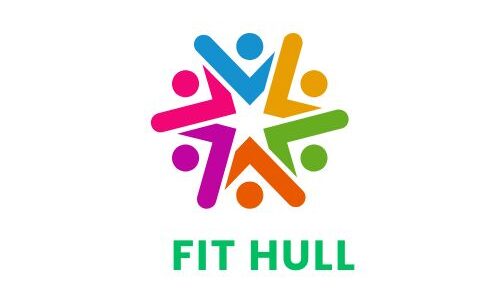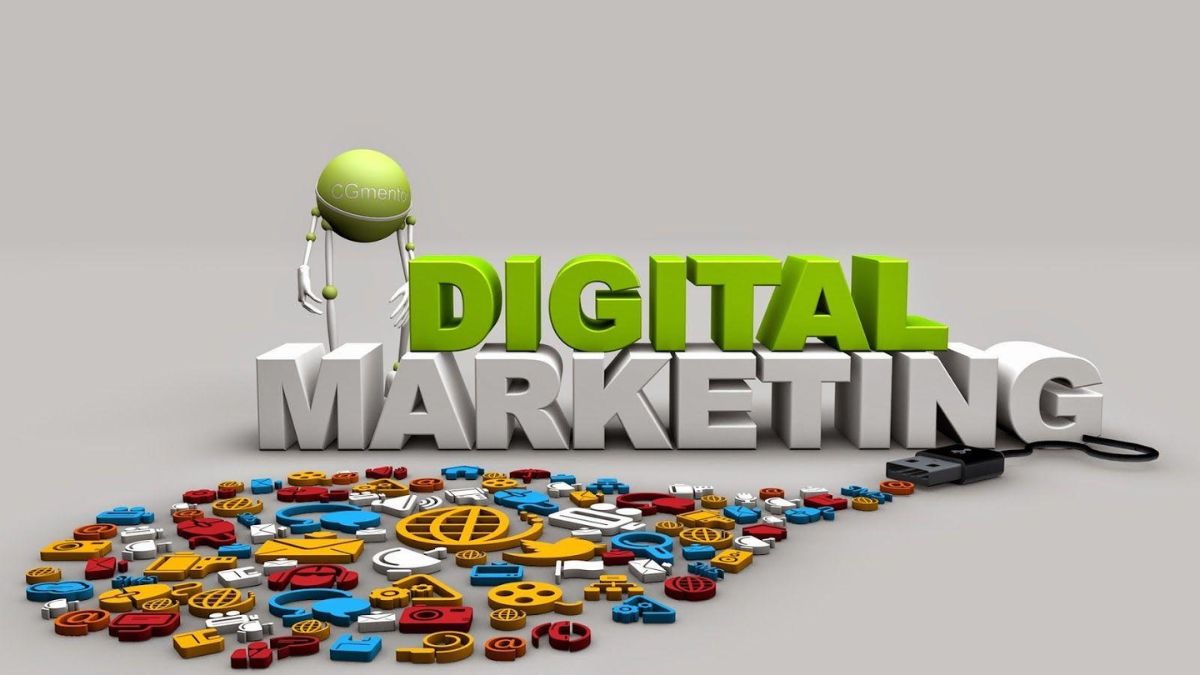The digital landscape transforms at lightning speed, and businesses scramble to keep pace. Behind every successful online campaign, viral social media post, and high-converting website stands a digital marketing strategist—the architect of modern brand success.
If you’re considering this dynamic career path or looking to transition into digital marketing, you’re entering one of the most versatile and in-demand fields available. Digital marketing strategist don’t just create campaigns; they solve business problems, connect brands with audiences, and drive measurable growth in an increasingly connected world.
This comprehensive guide will walk you through everything you need to know about becoming a digital marketing strategist, from essential skills and responsibilities to salary expectations and career advancement opportunities.
What Does a Digital Marketing Strategist Do?
A digital marketing strategist develops and executes comprehensive online marketing plans that align with business objectives. Unlike specialists who focus on single channels, strategists take a holistic approach, orchestrating multiple digital touchpoints to create cohesive customer experiences.
Your typical day might include analyzing campaign performance data, researching target audience behaviors, collaborating with creative teams on content strategy, and presenting ROI reports to executives. The role demands both creative thinking and analytical precision—you’ll need to craft compelling narratives while interpreting complex data sets.
Digital marketing strategists serve as the bridge between business goals and marketing execution. They identify opportunities, allocate budgets across channels, and ensure every marketing dollar contributes to measurable outcomes.
Core Responsibilities of Digital Marketing Strategists
Strategy Development and Planning
Creating comprehensive digital marketing strategies requires deep understanding of business objectives, target audiences, and competitive landscapes. You’ll conduct market research, define buyer personas, and map customer journeys to identify optimal touchpoints for engagement.
Strategic planning also involves setting SMART goals, establishing key performance indicators (KPIs), and creating measurement frameworks that demonstrate marketing’s impact on business growth.
Multi-Channel Campaign Management
Digital marketing strategists oversee campaigns across multiple platforms simultaneously. This includes coordinating social media advertising, search engine marketing, email campaigns, content marketing, and influencer partnerships to create unified brand experiences.
Effective campaign management requires understanding how different channels complement each other and optimizing the customer journey across all touchpoints.
Data Analysis and Performance Optimization
Numbers tell the story of marketing success. Digital marketing strategists analyze website analytics, campaign metrics, conversion rates, and customer acquisition costs to identify trends and optimization opportunities.
This analytical approach enables data-driven decision making, helping businesses allocate resources more effectively and improve campaign performance over time.
Team Collaboration and Leadership
Most digital marketing strategists work with cross-functional teams including designers, copywriters, developers, and paid media specialists. Strong communication skills and project management abilities ensure campaigns launch on time and meet quality standards.
Leadership responsibilities often include mentoring junior team members, presenting strategies to stakeholders, and managing external vendor relationships.
Essential Skills for Digital Marketing Strategists
Technical Proficiencies
Modern digital marketing relies heavily on technology platforms and tools. Successful strategists master analytics platforms like Google Analytics and Adobe Analytics, marketing automation software such as HubSpot or Marketo, and social media management tools.
Understanding basic HTML, CSS, and how websites function helps strategists communicate effectively with development teams and troubleshoot technical issues that impact campaign performance.
Analytical and Strategic Thinking
Data interpretation skills separate good strategists from great ones. You’ll need to extract actionable insights from complex datasets, identify patterns in customer behavior, and translate findings into strategic recommendations.
Strategic thinking involves seeing the bigger picture while managing day-to-day tactical execution. This includes understanding market dynamics, competitive positioning, and how marketing initiatives support broader business objectives.
Creative and Communication Skills
Digital marketing strategists must craft compelling messages that resonate with target audiences across various channels. Strong writing skills, visual design sensibility, and storytelling abilities help create campaigns that capture attention and drive engagement.
Communication extends beyond creative execution to include presenting strategies to executives, collaborating with team members, and explaining complex concepts to non-marketing stakeholders.
Adaptability and Continuous Learning
Digital marketing evolves rapidly with new platforms, algorithm updates, and consumer behavior shifts. Successful strategists embrace change, continuously update their skills, and experiment with emerging trends and technologies.
This adaptability includes staying current with industry best practices, attending conferences and webinars, and maintaining professional certifications from major platforms like Google, Facebook, and HubSpot.
Education and Career Path Requirements
Educational Background
Most digital marketing strategist positions require a bachelor’s degree in marketing, communications, business administration, or related fields. However, practical experience and demonstrated results often matter more than formal education.
Many successful strategists come from diverse academic backgrounds including psychology, journalism, statistics, and even unrelated fields. The key is developing relevant skills through coursework, certifications, or hands-on experience.
Professional Certifications
Industry certifications demonstrate expertise and commitment to professional development. Google Ads, Google Analytics, Facebook Blueprint, and HubSpot certifications are particularly valuable for digital marketing strategists.
These certifications provide credible validation of your skills while keeping you updated on platform changes and best practices.
Career Progression
Entry-level positions include digital marketing coordinator, social media specialist, or content marketing associate roles. These positions provide foundational experience with specific channels and tools.
Mid-level strategist roles typically require 3-5 years of experience and involve greater strategic responsibility, team leadership, and budget management. Senior strategist positions may lead to director-level roles overseeing entire marketing departments.
Salary Expectations and Job Market
Digital marketing strategist salaries vary significantly based on experience level, location, industry, and company size. Entry-level positions typically start between $45,000-$60,000 annually, while experienced strategists can earn $80,000-$120,000 or more.
Senior-level positions and those in major metropolitan areas command higher salaries, often exceeding $150,000 annually. Freelance and consulting opportunities also provide lucrative alternatives to traditional employment.
The job market for digital marketing strategists remains robust, with the Bureau of Labor Statistics projecting continued growth in marketing roles as businesses increase digital spending and seek specialized expertise.
Building Your Digital Marketing Career
Gaining Practical Experience
Start building your portfolio through internships, freelance projects, or personal campaigns. Create your own blog, manage social media accounts for local businesses, or volunteer your services to nonprofit organizations.
Practical experience demonstrates your abilities more effectively than theoretical knowledge alone. Document your results, create case studies, and showcase measurable outcomes from your campaigns.
Networking and Professional Development
Join professional organizations like the American Marketing Association, attend industry conferences, and participate in local marketing meetups. Networking opens doors to job opportunities, mentorship relationships, and collaborative partnerships.
Online communities, LinkedIn groups, and industry forums provide additional networking opportunities and keep you connected with marketing trends and best practices.
Building a Strong Portfolio
Your portfolio should showcase diverse campaign examples that demonstrate strategic thinking, creative execution, and measurable results. Include campaign objectives, target audience analysis, tactical execution details, and performance metrics.
Visual elements like campaign screenshots, infographics, and video content help bring your work to life for potential employers or clients.
Taking Your Next Steps Forward
Digital marketing strategy offers an exciting career path for creative, analytical professionals who thrive in dynamic environments. The field rewards continuous learning, strategic thinking, and the ability to adapt to rapidly changing digital landscapes.
Whether you’re just starting your career or looking to transition into digital marketing, focus on developing both technical skills and strategic thinking abilities. Gain hands-on experience, build a strong portfolio, and stay current with industry trends and best practices.
The digital marketing industry needs skilled strategists who can navigate complex customer journeys, interpret data insights, and create campaigns that drive real business results. Your next career move could be the beginning of an incredibly rewarding journey in digital marketing strategy.










